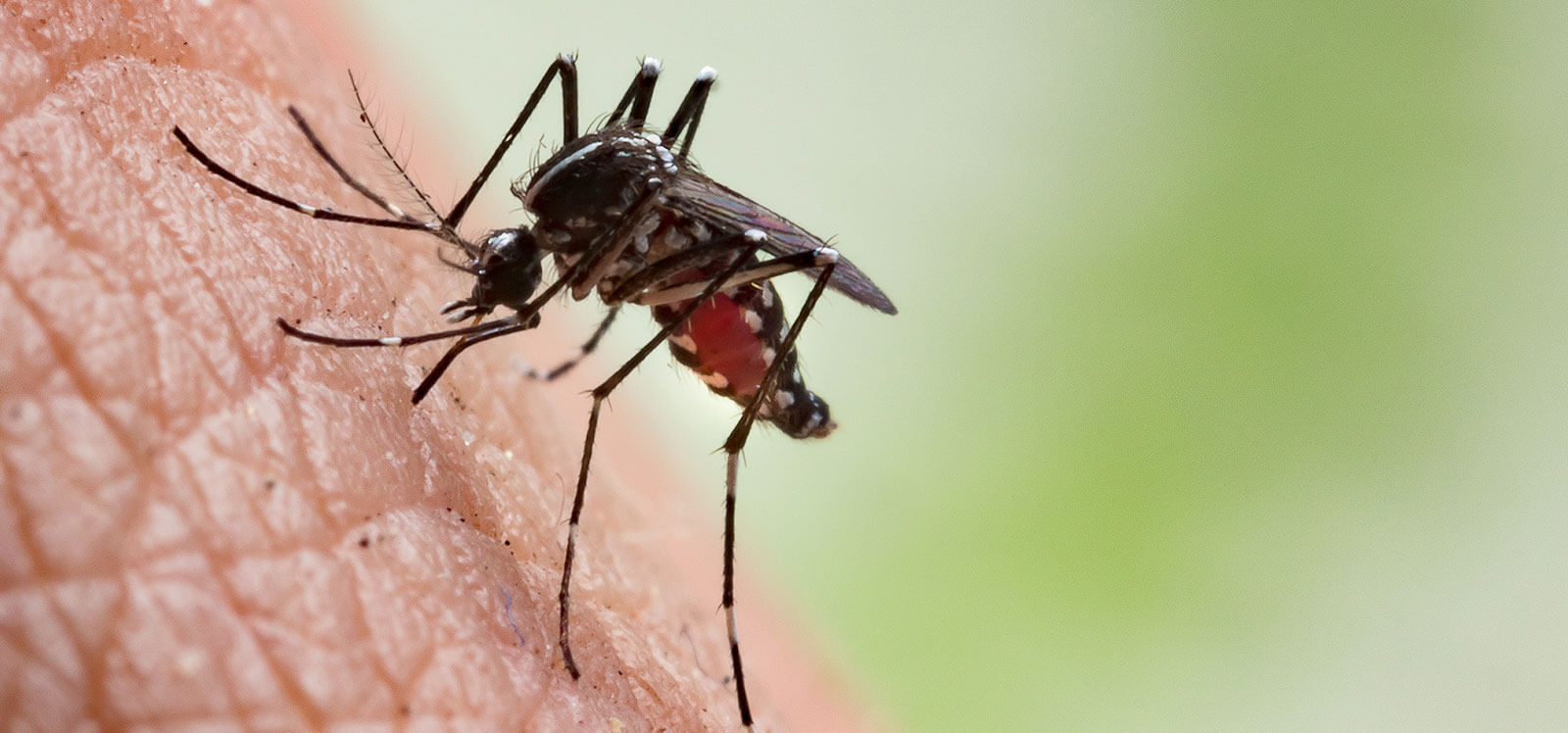The National Malaria Control Programme (NMCP) has set up sentinel sites at selected locations around the country to monitor the resistance of mosquitoes to insecticides.
An epidemiologist with the NMCP, Dr Nana Yaw Peprah, has revealed that insecticide resistance in mosquitoes had emerged not only in Ghana but in other malaria-endemic areas of the world.
However, Dr Peprah said, new strategies had been developed to overcome the challenge in order to win the fight against malaria.
Speaking to the Daily Graphic after a recent study found super resistance to some insecticides among mosquitoes in a small cocoa growing community, the epidemiologist said in such areas, new chemicals had been added to insecticide treated nets to increase their effectiveness.
Dr Peprah said new generational nets had also been developed as part of strategies to overcome the resistance to insecticides.
He said in areas where indoor residual spraying was adopted as part of the preventive measures, the insecticide used to fight the larvae was varied to ensure that the mosquitoes did not develop resistance to them.
BackgroundÂ
A research conducted by the Biotechnology and Nuclear Research Institute (BNARI) of the Ghana Atomic Energy Commission (GAEC) revealed extreme resistance to insecticides among anopheles mosquitoes at Atatam in the Adansi Asokwa District in the Ashanti Region.
The research showed that there were two major malaria vectors, one dominating during the dry season and the other during the rainy season; although in many communities, there was only one transmission season, usually the rainy season.
The Director of BNARI, Dr Michael Osae, made this known when he shared the findings with the chief and people of Atatam as part of a malaria awareness campaign.
He told the Daily Graphic that the main findings showed that the year-round presence of major malaria vectors, which were highly resistant to all classes of insecticides, was resulting in the escalation of malaria in Atatam.
That situation, he said, could be widespread, and called for a concerted effort to identify and focus workable vector control strategies in such hotspots to win the war against malaria.
Dr Osae indicated that the “super resistance†to insecticides might be due to the use of pesticides by the people of Atatam on their cocoa farms, and said the research showed that Atatam was a malaria-endemic community, with a heavy infestation of mosquitoes all year round.
The BNARI also made similar findings in the Obuasi municipality and other communities such as Dinkyeaye and Agyenkwaso in the Adansi Asokwa District; Okyereko and Adawukwa in the Gomoa East District and Osorongma near Dodowa.
In all those places, high levels of insecticide resistance were recorded.
Dr Peprah said the resistance to the insecticide was a worry, stressing that “it is difficult developing new strategies to fight the diseaseâ€.
He said the overuse of the insecticides also contributed to the mosquito’s ability to develop resistance to them.
He said some of the insecticides were used in the agricultural sector, which must have contributed to the resistance developed by mosquitoes.
The Head of Communications and Public Education of the Food and Drugs Authority (FDA), Ms Rhoda Appiah, said the authority was not yet privy to the findings of the study.
She, however, said the scientific community and the nation would be looking forward to the extent of the implementation of the recommendations of the BNARI.
Ms Appiah also expressed satisfaction with other methods of fighting malaria in the country, including the pilot of a malaria vaccine in some districts.
Daily Graphic





